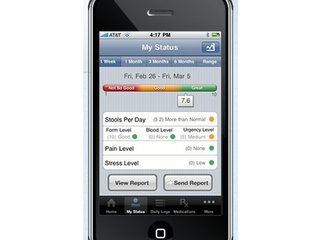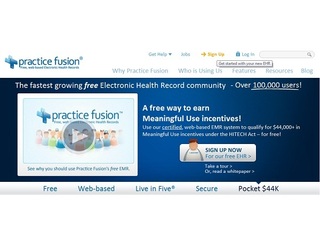
Mango Health brings accountability to mobile health
With seed funding, beta iOS app, Mango Health wants to inform the public on the medicines they take

With mobile health and fitness applications gaining steam, one stealth startup, Mango Health, finally lifts the curtain Wednesday to debut its prescription and supplement mobile application to help people keep track of the pills they take.
The beta iPhone app lets user enter the pills and other medicines they take with a picture or by entering the text and then prompts the user with possible interactions, side-effects and other important facts.
Founded in February, the San Francisco-based startup wants to provide busy people with all the knowledge they need to control their own health.
The small six-person startup also announced in tandem with this launch that it raised $1.45 million in seed funding from First Round Capital, Mike Maples, Steve Anderson, Keith Rabois, and Mark Pincus.
The app also allows users to log their activities, set a schedule for taking their medication, compare their habits with others taking the same medication and get rewards and discounts for following their doctor's orders.
 People, especially with multiple conditions that are taking medication to sustain or improve, often get confused about which medicine to take and when.
People, especially with multiple conditions that are taking medication to sustain or improve, often get confused about which medicine to take and when.
This app takes all guess work out and places everything in one place. It can also be a handy tool to bring to a healthcare professional during consultations.
Its easier to refer to an updated list and schedule than to try and remember on the fly or carry a bag of prescription bottles to the doctor's office every time.
With an overwhelming 75% of U.S. adults that take some type of medicine admitting that they have not followed the consumption plan set up, there is a lot that can be done to improve the habits of prescription users.
There is even a wider public health issue that can bee reduced if people stick to their medical plans, since many people stop taking antibiotics before they have completed a full cycle, which is one of the leading causes to the evolution of super-viruses.
There are now more than 13,000 mobile health apps in the market at the moment and the U.S. or mobile health market attracted roughly $230 million in 2010 and is estimated to reach $392 million in 2015, according to research and consulting firm Frost and Sullivan.
With so many people pouring energy into m-health apps, the bigger concern is to get adoption by consumers and loyalty once someone has learned and downloaded, especially since, according to the Pew Internet & American Life Center, a mere 10% of adult smartphone users in the U.S. have downloaded a health app, and even fewer are active users of the apps.
Related News


Medivo acquires mobile health startup WellApps

Practice Fusion receives $2M for medical e-records

